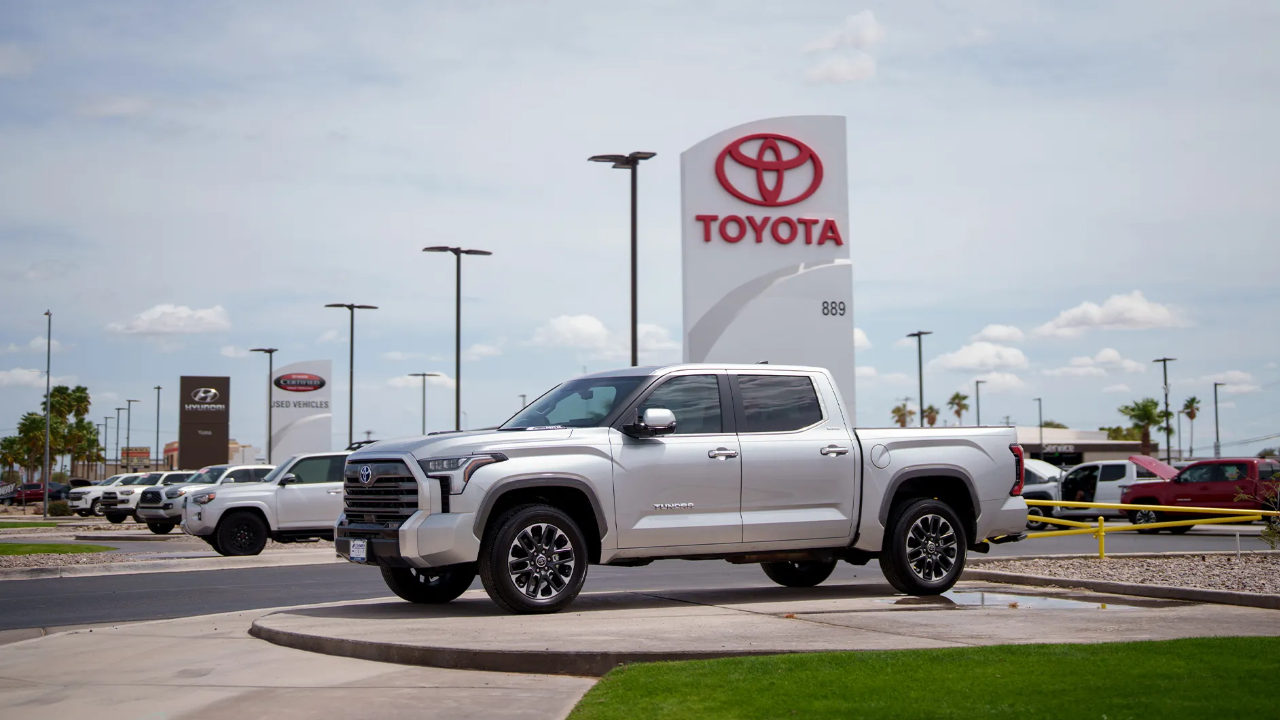
Toyota is recalling nearly 400,000 vehicles after discovering that a glitch in their backup camera software could make the screens go dark — a problem that federal regulators say could endanger children and pedestrians.
According to Toyota’s recall notice filed with the National Highway Traffic Safety Administration (NHTSA), the malfunction violates federal safety laws designed to prevent deadly backover incidents, many involving small children.
A Growing Safety Issue in Popular Models
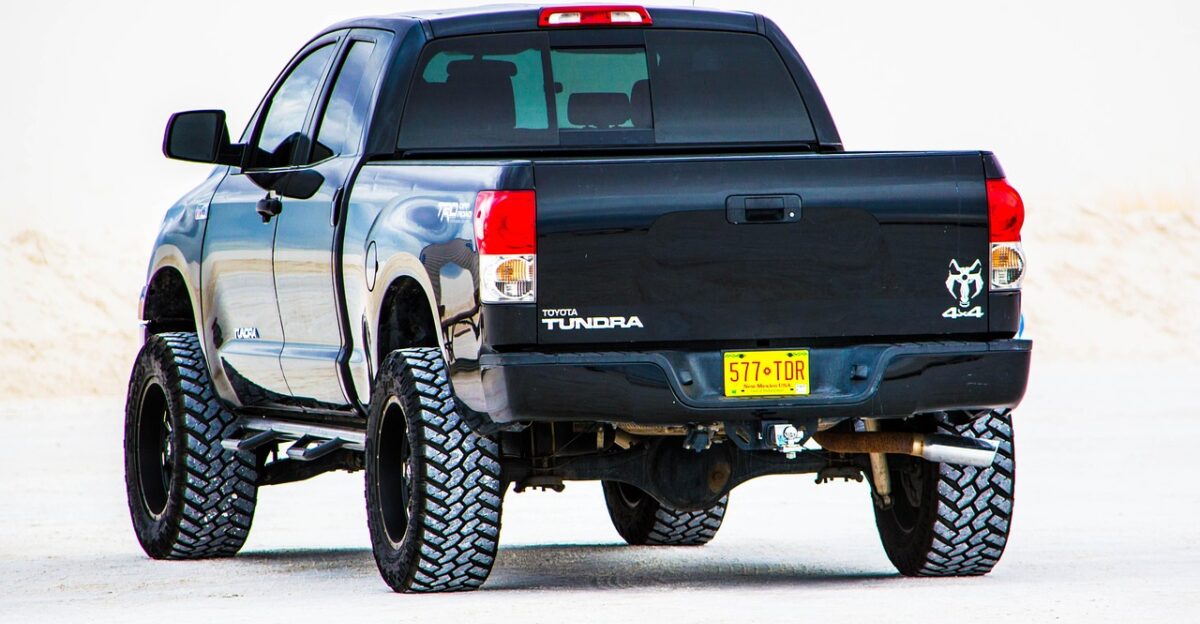
The recall affects some of Toyota’s most recognizable vehicles: the Tundra pickup (2022–2025), the Tundra Hybrid (2022–2025), and the Sequoia Hybrid SUV (2023–2025). More than 220,000 of the recalled units are non-hybrid Tundras.
They all share the same 14-inch multimedia display, which Toyota engineers say can fail without warning, leaving the rearview camera screen blank just when drivers need it most.
What Happens When the Screen Fails
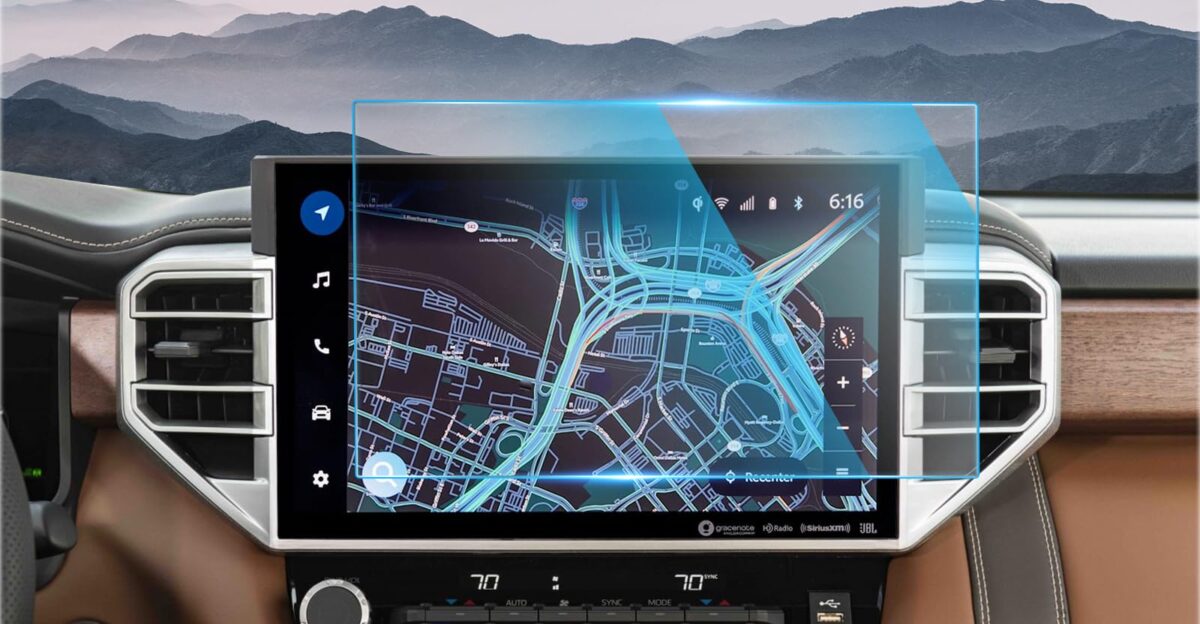
In its filing with federal safety officials, Toyota explained that the defect could cause the camera image to disappear and be replaced by “a half-green, full-green, or entirely black” screen when the driver shifts to reverse. “When this occurs, the driver cannot see what’s behind the vehicle,” Toyota said.
The company noted that the glitch is purely software-related, but it removes a key safety layer that modern drivers have come to trust.
How the Law Protects Drivers and Children
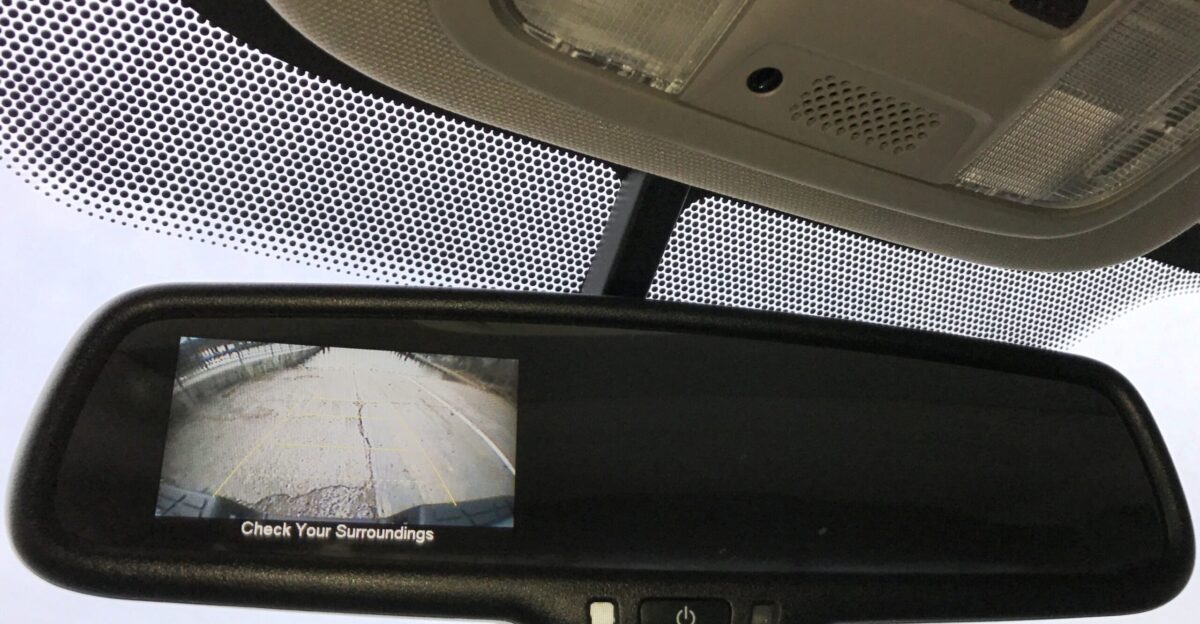
This failure breaches Federal Motor Vehicle Safety Standard No. 111, a rule strengthened in 2018 to ensure every driver can see a 10-foot-by-20-foot zone directly behind their vehicle.
The law traces back to the Cameron Gulbransen Kids Transportation Safety Act of 2007 — named after a toddler accidentally backed over by his father. “These standards exist for a reason,” a NHTSA spokesperson said. “They’re about saving the smallest lives.”
The Human Toll Behind the Data

According to NHTSA research, more than 50 backover accidents involving children occur in the U.S. every week. Most victims are toddlers under two, and in seven out of ten cases, it’s a parent or close relative behind the wheel.
These statistics, safety advocates say, are precisely why federal visibility rules — and functioning backup cameras — are so essential. “It only takes a few seconds of blindness for tragedy to strike,” said a child safety expert from Safe Kids Worldwide.
How Regulators Responded
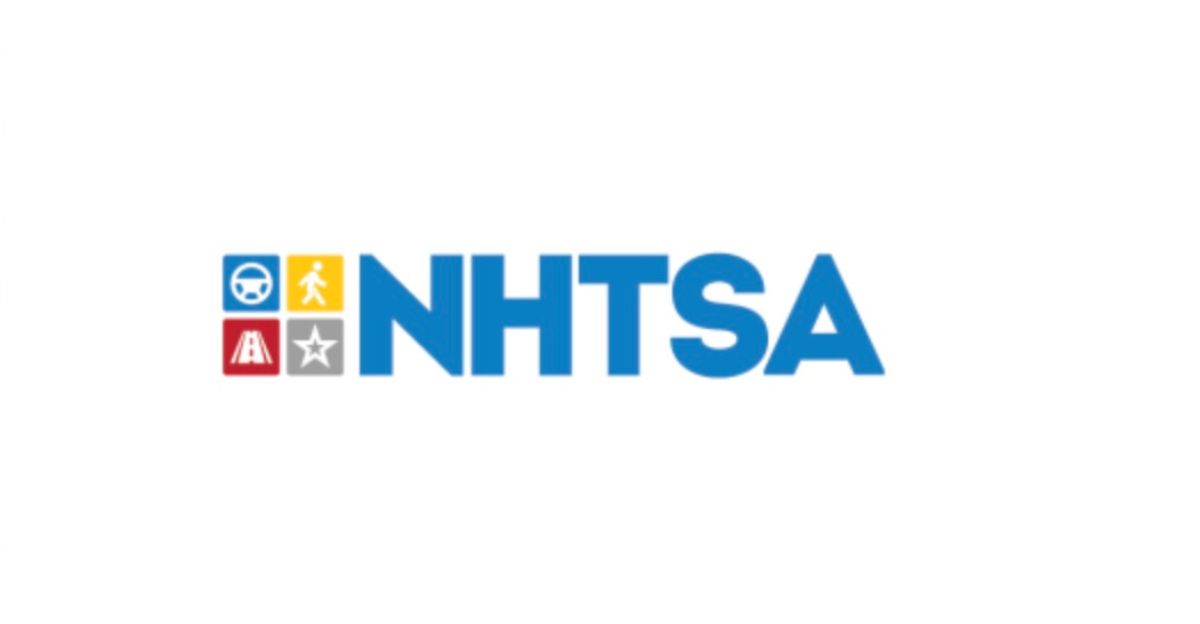
NHTSA assigned the recall campaign number 25V657 and confirmed that “100% of the affected vehicles” contain the defective software. The agency’s official letter, dated October 6, 2025, acknowledged that the malfunction violates federal safety standards.
According to the filing, Toyota cooperated fully once the issue was identified and moved quickly to prevent unsold vehicles from being delivered until repairs could be completed.
Toyota’s Pattern of Rear Visibility Problems
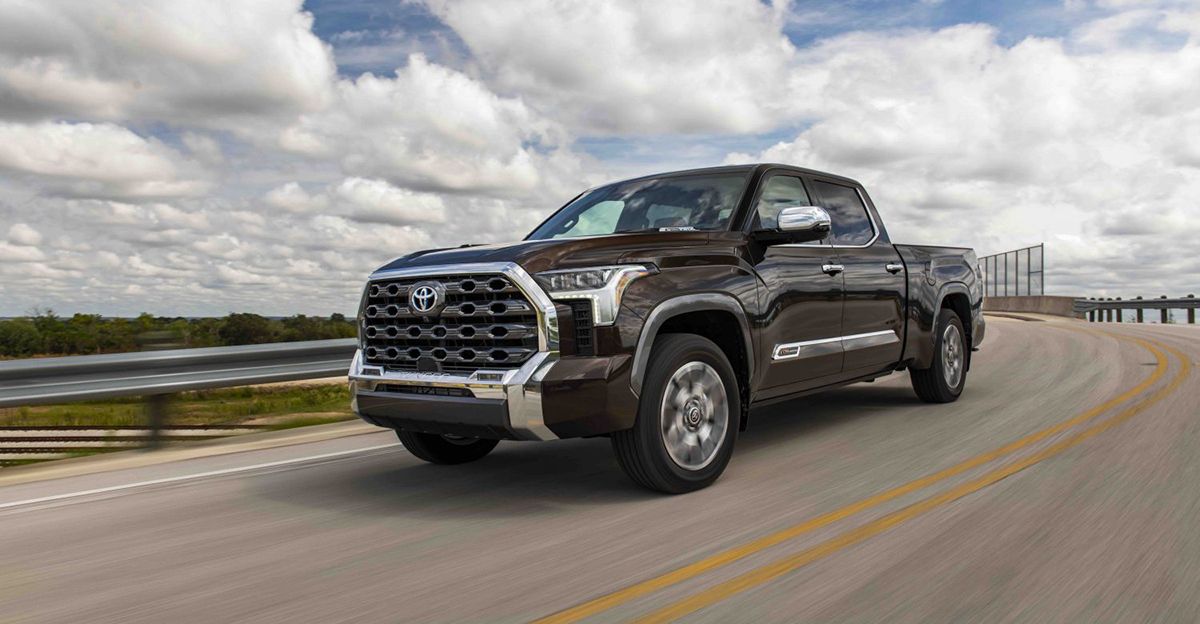
This isn’t the first time Toyota’s rear-visibility systems have raised concerns. In May 2025, the automaker recalled more than 443,000 Tundra and Tundra Hybrid trucks after discovering that moisture could cause their reverse lights to fail.
Industry analysts said the issue revealed “systemic weaknesses in Toyota’s electrical design for rear safety components.” The latest recall deepens those concerns, though Toyota insists both cases stem from unrelated technical causes.
The Fix Toyota Is Offering

To correct the new defect, Toyota will update the multimedia display software at no cost to owners. Dealers were notified on October 1, 2025, and are equipped to perform the fix.
“The updated software ensures that the backup image always appears correctly when the vehicle is in reverse,” Toyota said in its service bulletin. The process takes less than an hour, and dealerships are prioritizing the recall to minimize wait times.
When Will Owners Be Contacted
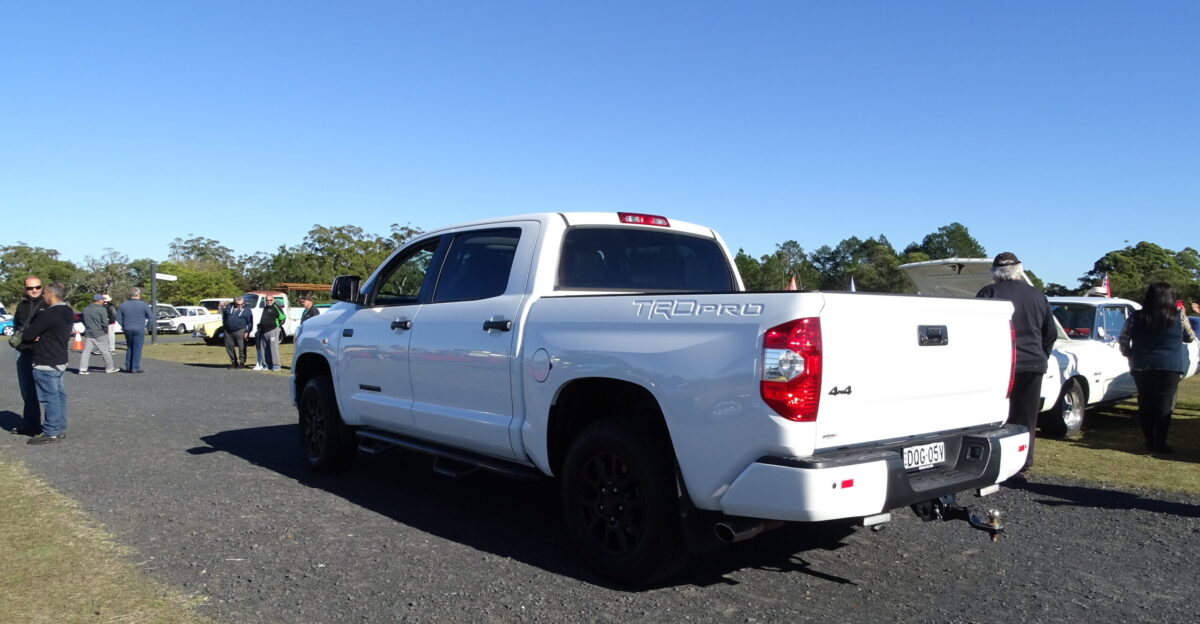
Toyota plans to notify vehicle owners by mail beginning November 16, with all letters expected to be sent by November 30, 2025. According to NHTSA documentation, those letters will explain the defect, the risk, and how to schedule repairs.
A Toyota spokesperson said the company wants to “ensure owners understand both the urgency and simplicity of getting the fix done.”
What Dealers Are Doing Behind the Scenes
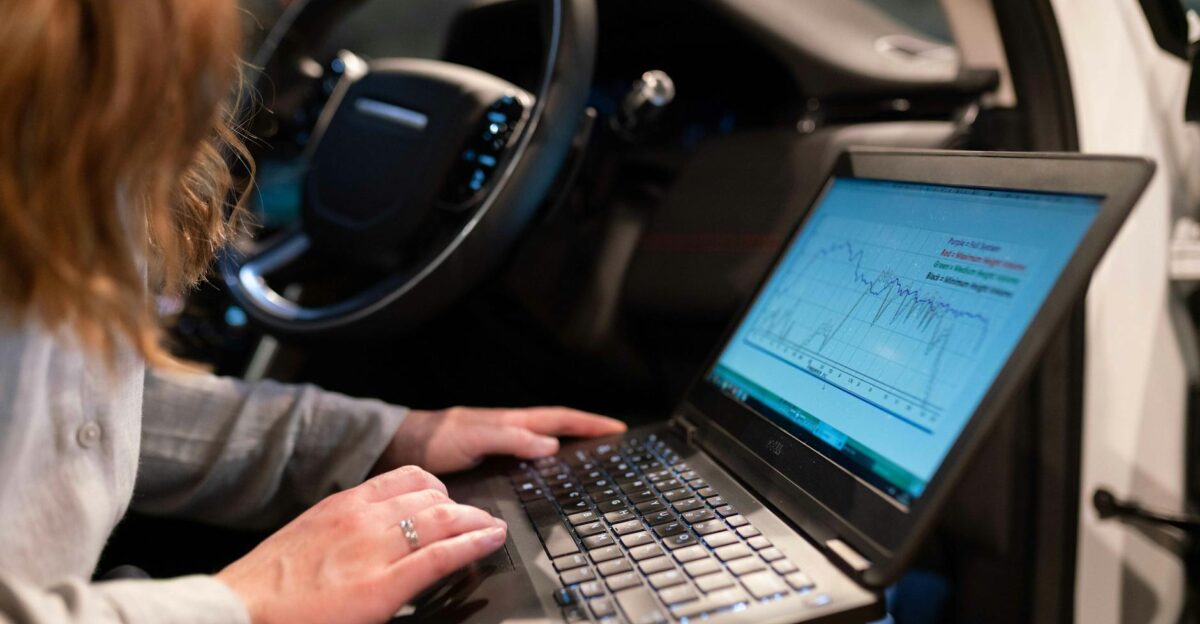
Dealerships have been instructed to prepare immediately — updating diagnostic systems, training technicians, and ensuring each repair is logged through Toyota’s national tracking platform.
According to Toyota’s recall filing, federal law requires dealers to confirm completion of every software update. “We take these obligations seriously,” the company said, emphasizing its cooperation with NHTSA oversight teams.
How Drivers Can Check Their Vehicle
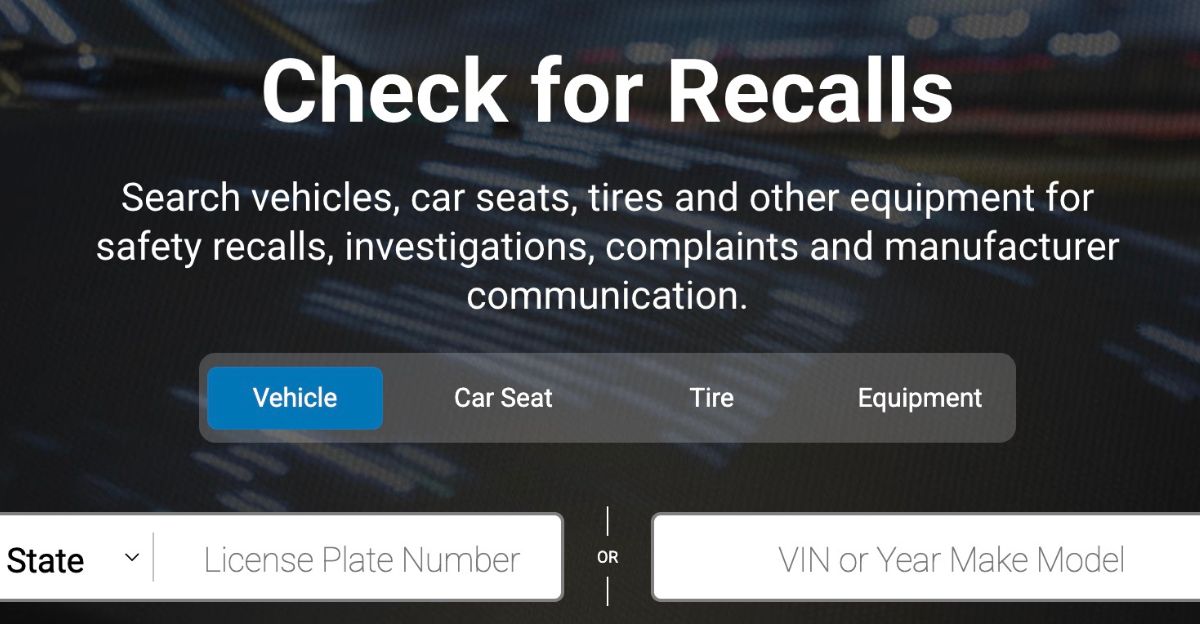
Owners don’t have to wait for a letter to determine if their vehicle is part of the recall. Toyota’s VIN lookup tool at Toyota.com/recall and NHTSA’s database at nhtsa.gov/recalls both provide real-time results.
Drivers can enter their 17-digit VIN or license plate number for instant confirmation. “Checking only takes a minute,” said NHTSA’s safety director, “and it can prevent a devastating accident.”
Why It Pays to Check Early

Even without official notification, owners are urged to verify their recall status immediately. Because Toyota’s data updates daily, some affected vehicles may not yet have reached their buyers by mail. For families, especially those with young children, that extra step could mean the difference between prevention and heartbreak.
Experts say awareness is key: “If you depend on your backup camera, you need to make sure it’s working as intended,” an auto safety analyst told reporters.
Which Vehicles Were Affected
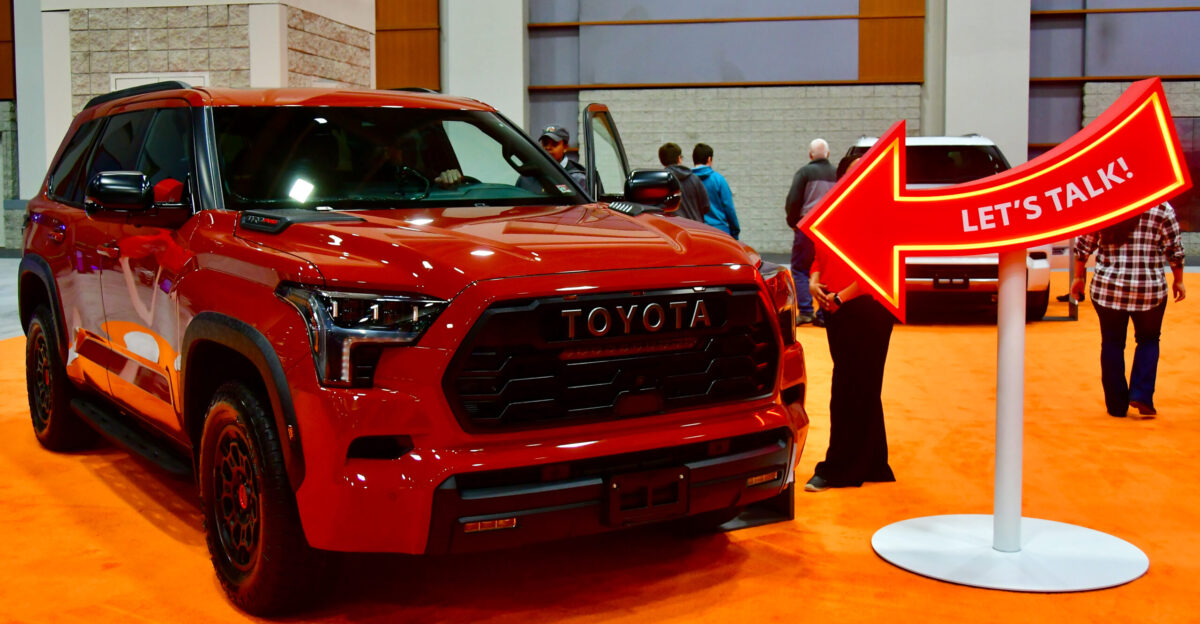
The recall covers roughly 105,000 Tundra Hybrid pickups built between March 2022 and July 2025, 68,000 Sequoia Hybrids produced from August 2022 through July 2025, and around 220,000 standard Tundras made in similar timeframes.
Toyota engineers traced the issue to programming inconsistencies during software updates at the assembly stage — a flaw undetectable to drivers until the screen failed during reverse operation.
The Software Fix Explained
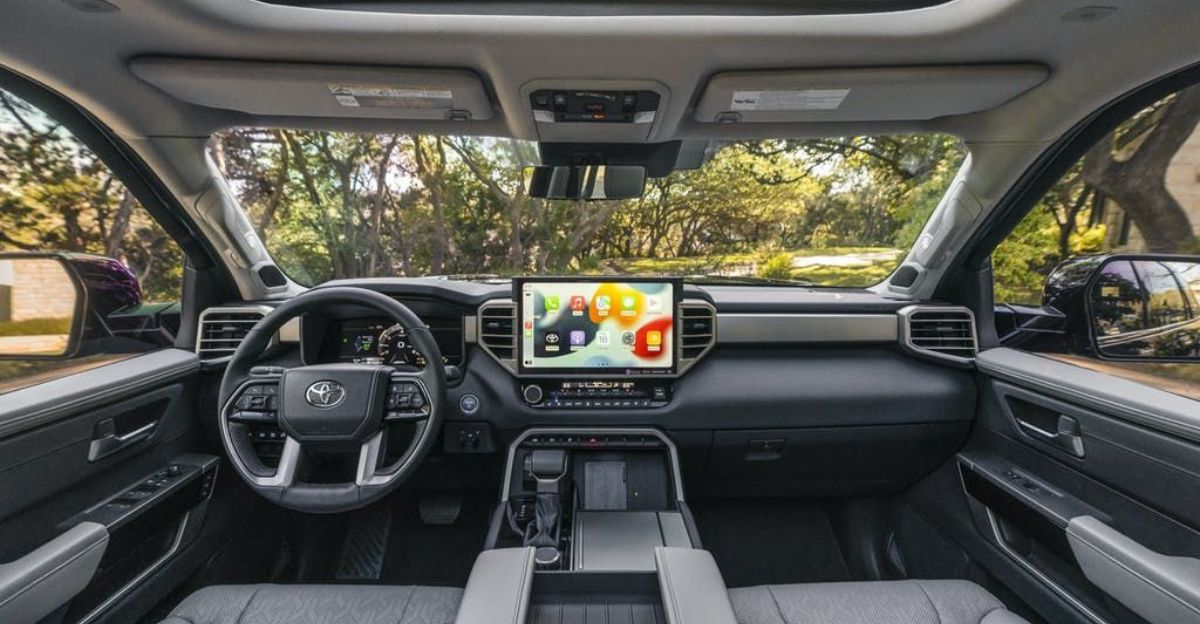
The updated code prevents the display from showing solid green or black screens when the vehicle shifts into reverse. “It’s a data processing correction within the multimedia unit,” Toyota explained. The patch doesn’t affect navigation or entertainment features, but ensures the backup camera’s video feed always appears correctly.
Engineers described it as a “targeted stability improvement” rather than a complete system overhaul.
Why Dealers Can’t Sell Until It’s Fixed

Under federal law, dealerships are prohibited from selling vehicles that fail to meet safety standards. Toyota has issued a stop-sale order on all unsold affected units.
According to NHTSA’s recall protocol, the automaker must file quarterly progress reports for two years and annual summaries for three years after that — a system designed to ensure no safety recall fades quietly over time.
A Broader Industry Trend
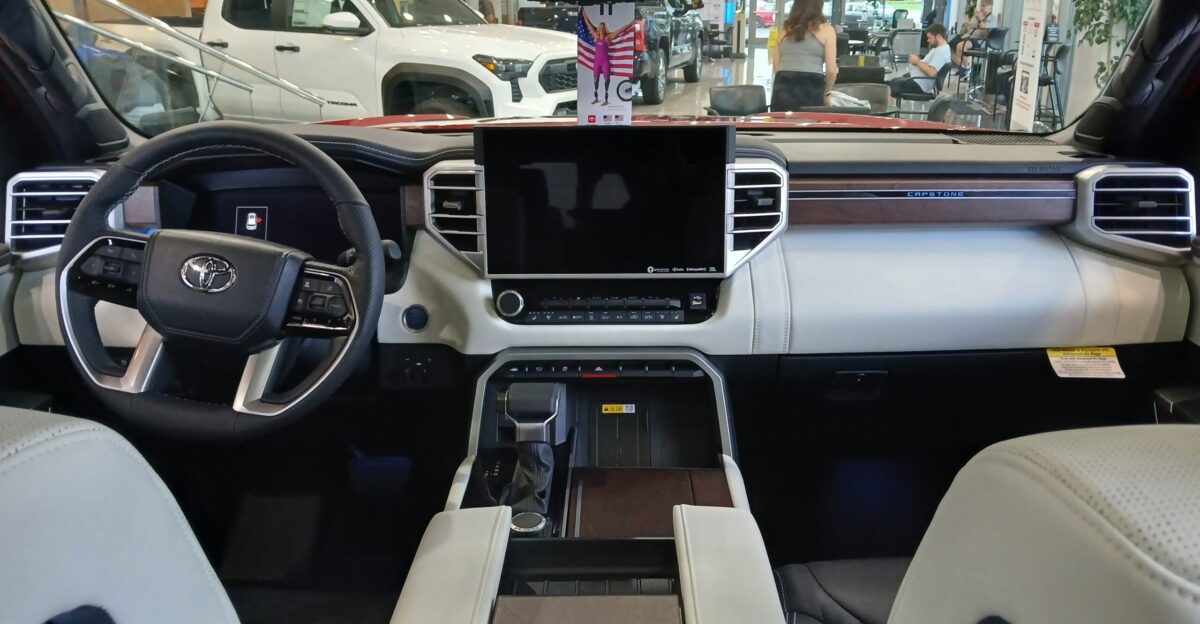
Backup camera and software-related recalls have surged in 2025. NHTSA data shows more than 2.5 million vehicles were recalled in the second quarter alone for visibility issues. “As vehicles rely more on digital systems, one small coding error can create major safety implications,” said a senior automotive technology analyst.
Toyota’s recall, while large, is part of a growing industry effort to reinforce trust in driver-assist systems.
What Drivers Should Do Right Now

Until the update is installed, Toyota urges drivers to rely on mirrors and direct observation when backing up. Safety advocates recommend checking behind the vehicle before getting in and keeping children out of the driveway when cars are moving.
“Technology is a tool — not a replacement for caution,” said a Safe Kids Worldwide spokesperson. The advice is simple: stay alert, stay aware, and get the repair done as soon as possible.
Why the Recall Matters Beyond the Fix
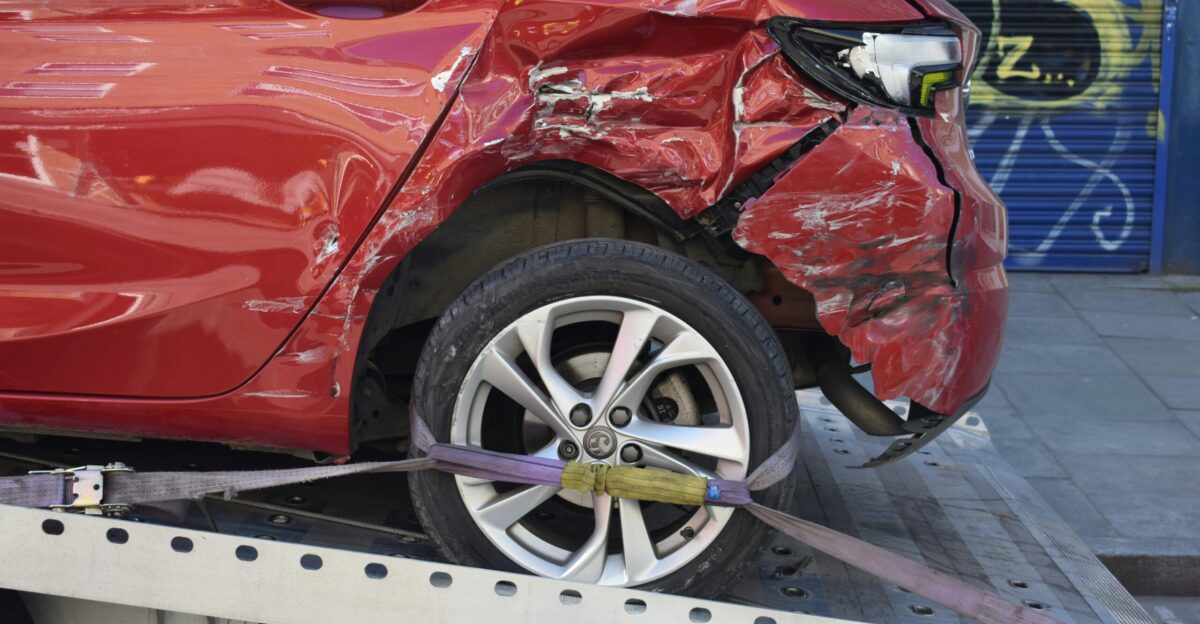
Beyond the immediate inconvenience, this recall highlights the critical role of technology in everyday safety. NHTSA studies show that functioning rearview cameras can reduce backover collisions by nearly 50%.
According to regulators, Toyota’s swift response reflects “a positive example of compliance and responsibility.” It’s a reminder for drivers that even the most advanced safety systems can fail, and vigilance remains the first line of defense.
The Road Ahead for Toyota and Owners
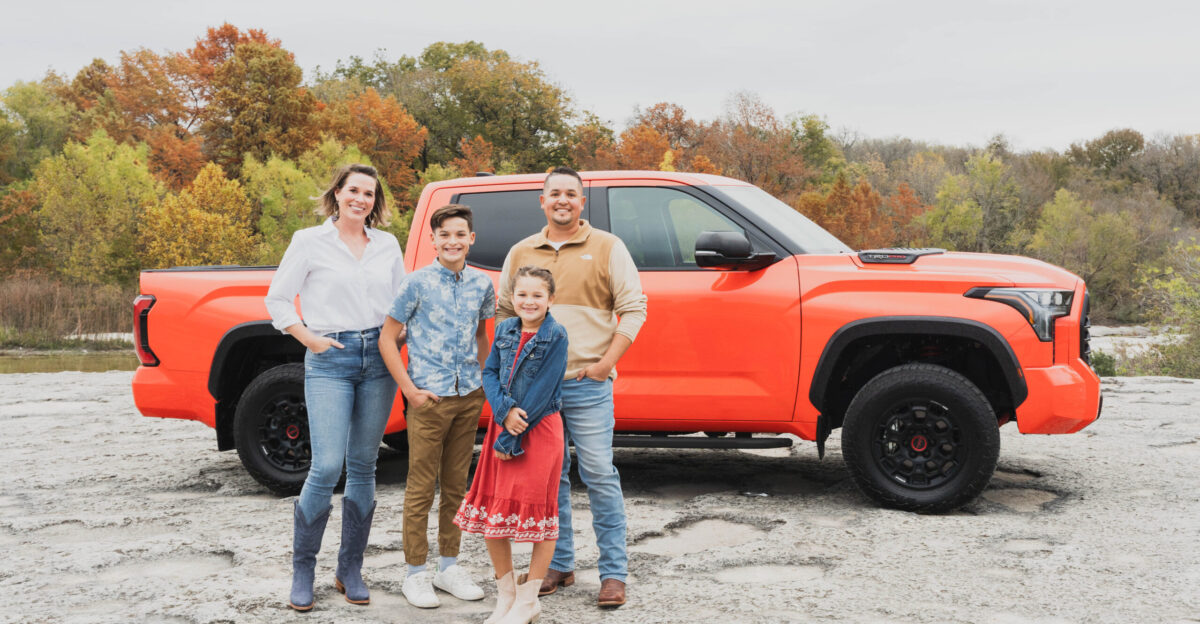
Toyota expects to finish most recall repairs within 90 days of notifying owners, with full completion by early 2026. The company has pledged to monitor software performance and report results to NHTSA. “We’re committed to making this right for every customer,” a Toyota spokesperson said.
For families who rely on these trucks and SUVs daily, that peace of mind can’t come soon enough.